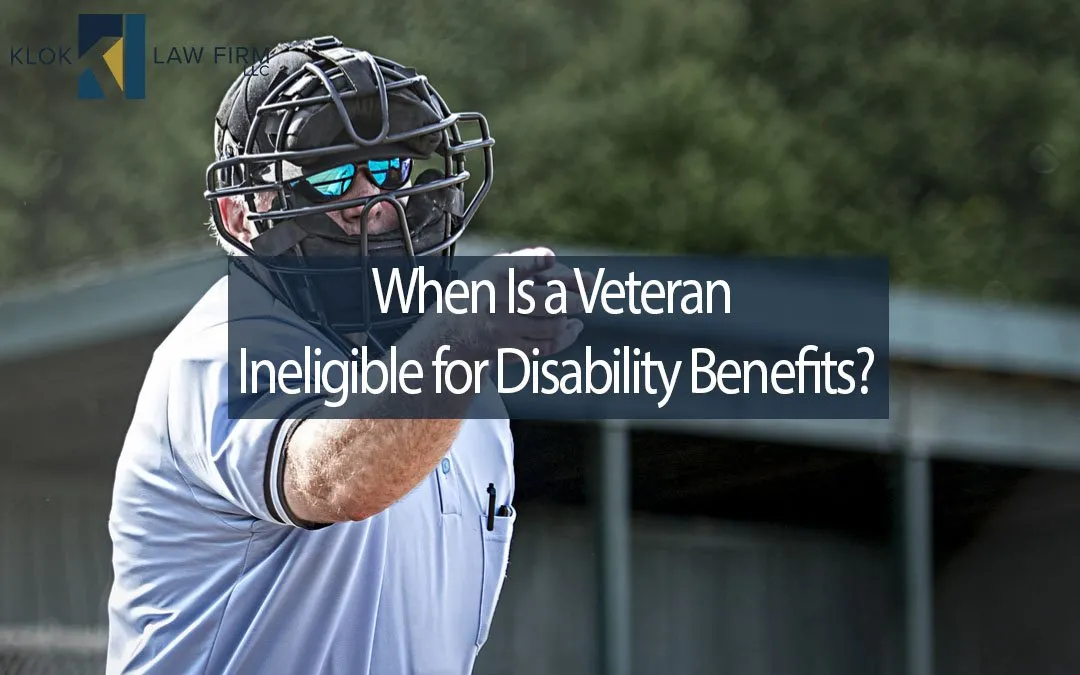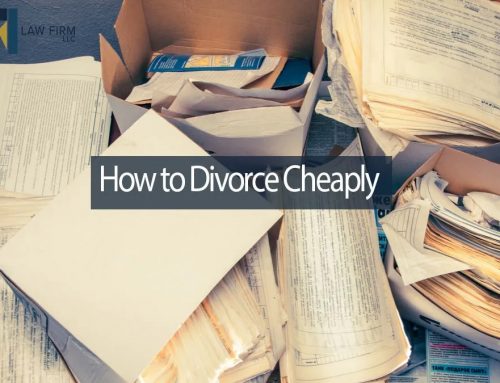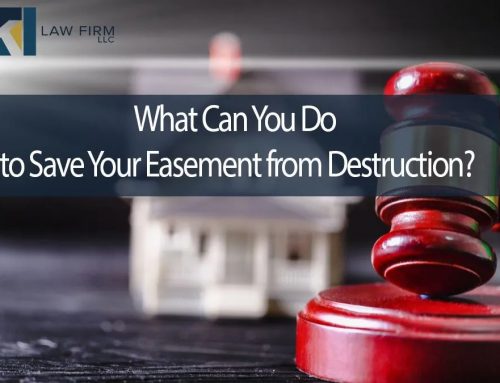Veterans of the U.S. Armed Forces are typically eligible for many terrific benefits when they leave the service. From college benefits to hiring preference in many government jobs, there are some benefits that just come with being an honorably discharged veteran. However, VA disability compensation is not automatic. It depends on a number of factors, including the veteran’s ability to prove a service-connected disability. There are, of course, situations where a veteran may be completely ineligible for VA disability benefits.
Since the VA often denies claims outright with little explanation or reason given, if you are fighting for compensation from the VA, you should contact a South Carolina VA accredited attorney right away to review your options.
Discharge Status
You don’t have to have a perfect military record to qualify for disability, but you cannot have a dishonorable discharge. Many disabilities that happen on active duty result in a discharge. Often, the military will grant a medical board to review injuries. Many discharges will be listed as administrative or general under honorable conditions. In fact, even those with minor infractions or blemishes on their military record or an other-than-honorable (OTH) discharge may qualify for VA disability under some circumstances. But a court martial or dishonorable discharge will completely bar you from VA disability.
AWOL or Desertion at the Time of Injury
Believe it or not, you may be able to get VA disability compensation, even if you were considered away without leave (AWOL) at some point. The question is whether your alleged disability occurred while AWOL or in deserter status. If you were AWOL for a brief period (less than 90 days), you might still have a chance of getting benefits, although it will be quite difficult. Over 180 days, and your chances are very unlikely. Remember, the key is whether your injury is directly caused by your service. If you were not serving at the time you were hurt, then it’s not a service-connected disability.
Not Service-Connected
Again, your injury will be assessed to determine if it was caused by your service. Most injuries that are claimed by veterans are fairly clear. For instance, if you fell from a truck during training and broke your ankle, this is clearly service-connected. Other injuries are less clear. Consider a veteran with a history of depression who develops post-traumatic stress disorder (PTSD) due to combat.
The VA may try to argue that the PTSD symptoms are actually just symptoms of the pre-existing depression and nothing new. Given the difficulty in separating mental health symptoms, it would be important to work closely with your treating psychiatrist and VA accredited attorney to make sure your claim (and possibly appeal) accurately reflect how your condition was caused or made worse by military service.
Getting Help With Your VA Appeal
If you’ve tried to get VA disability benefits on your own but been denied, you have just 1 year from the date of your denial to file a VA Form 21-0958 (Notice of Disagreement). If you timely file this with the VA, then you preserve your claim. If you succeed in your appeal, your benefits may be paid retroactively to the date you filed the claim.
If you miss the deadline, you can still appeal, but your ability to seek so-called “back-pay” is greatly limited. Make sure you don’t miss important deadlines or lose out on benefits you deserve. Contact Klok Law Firm LLC to speak with an experienced VA disability attorney today.





